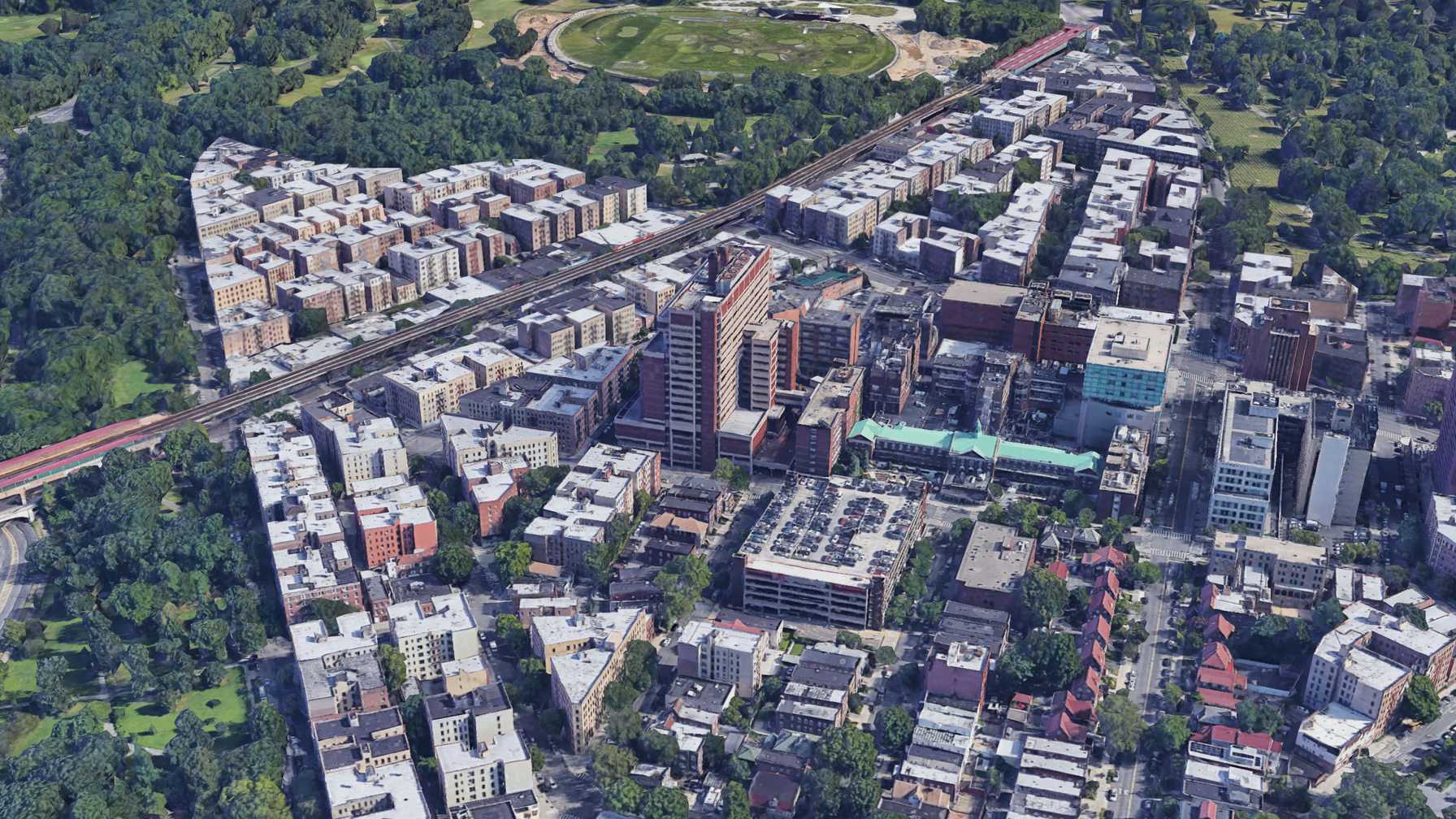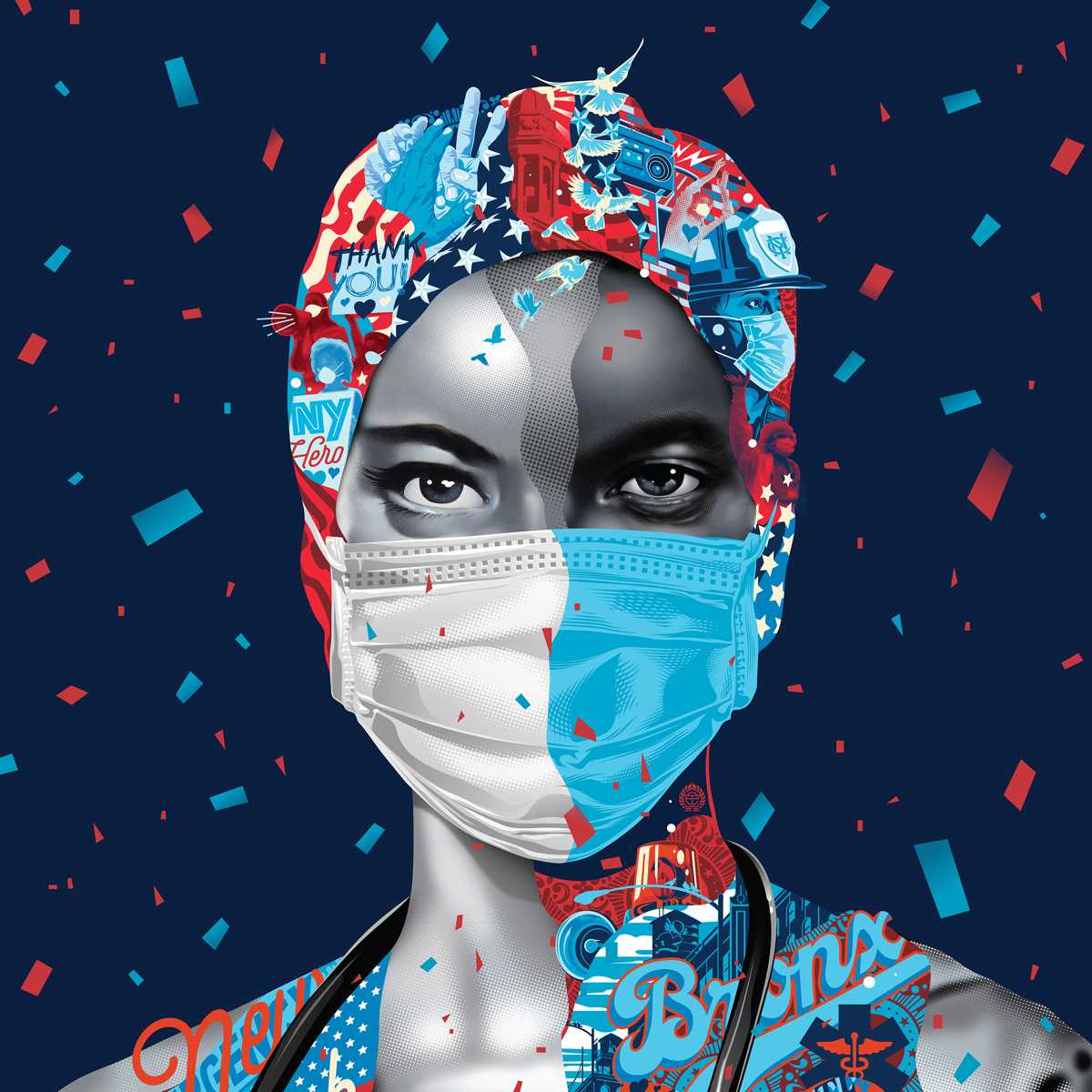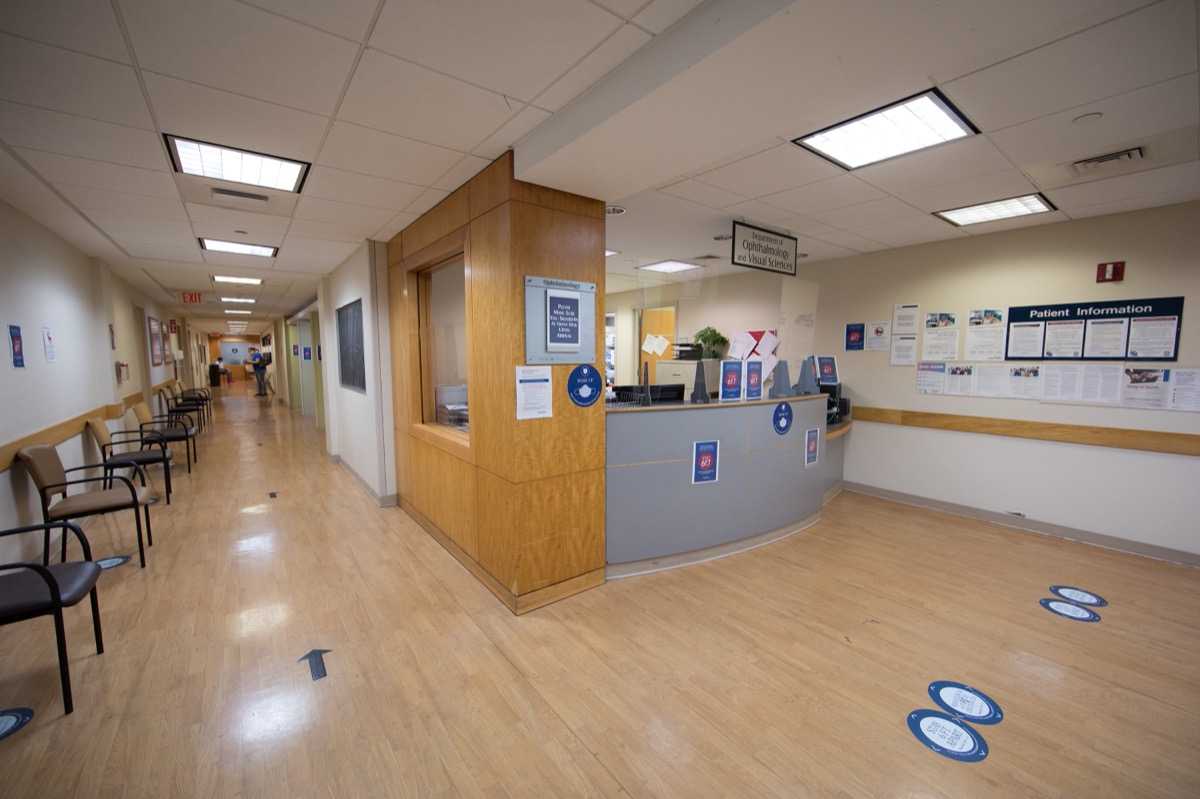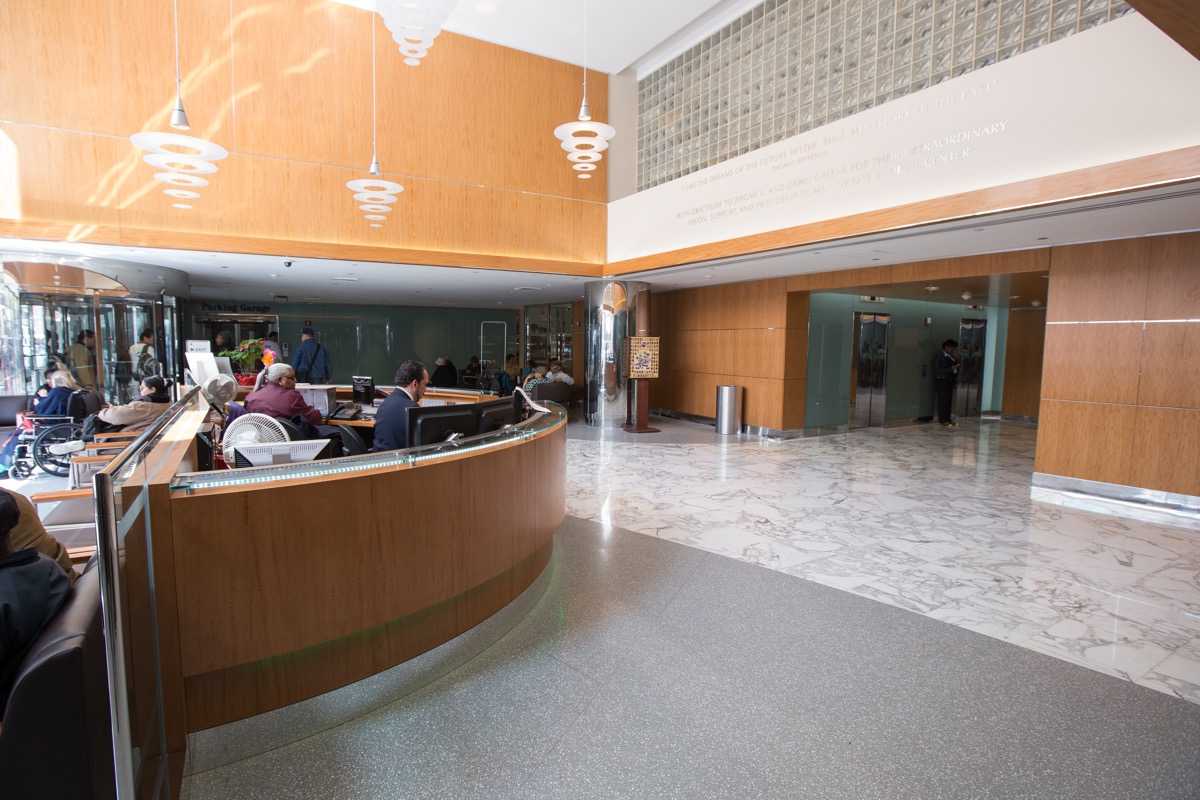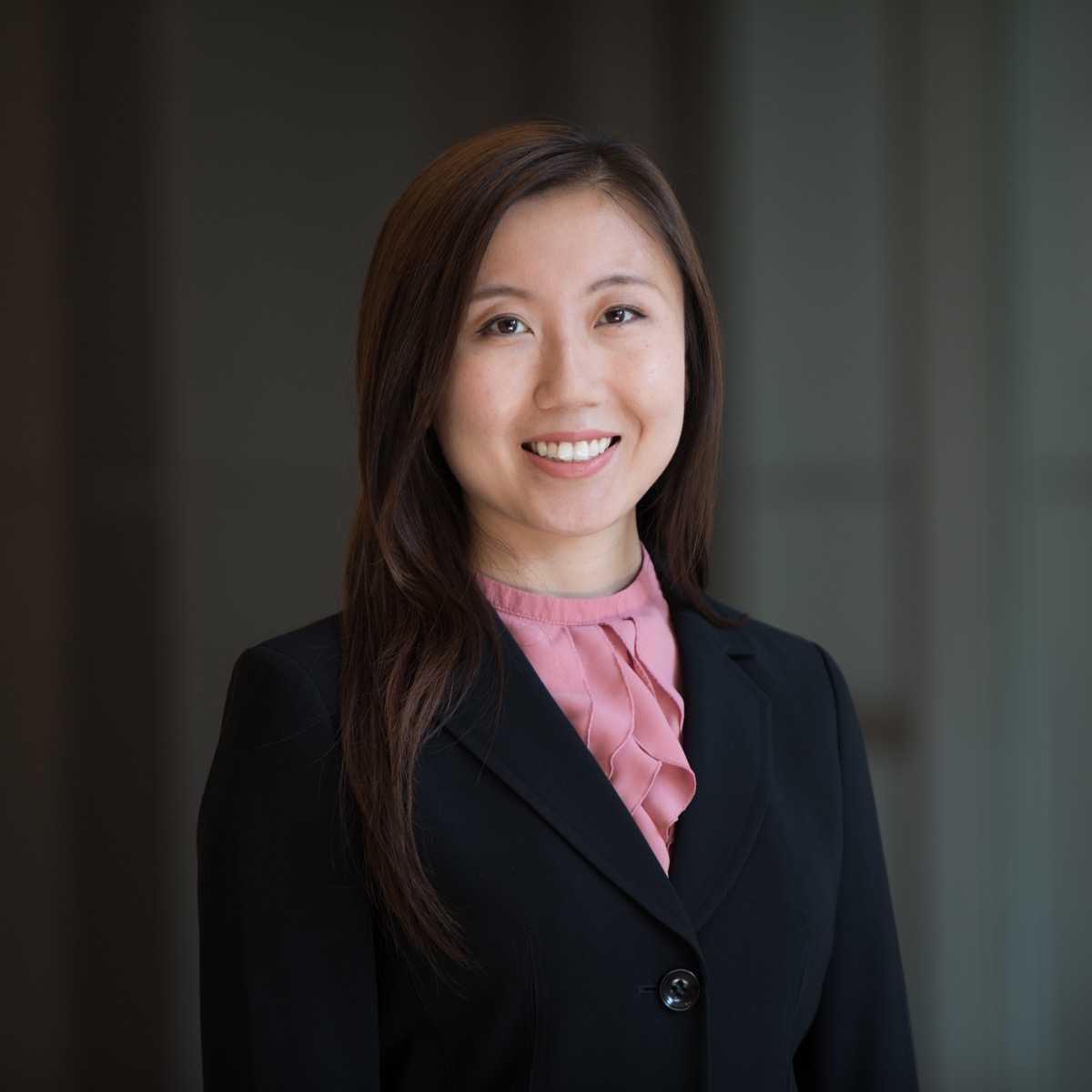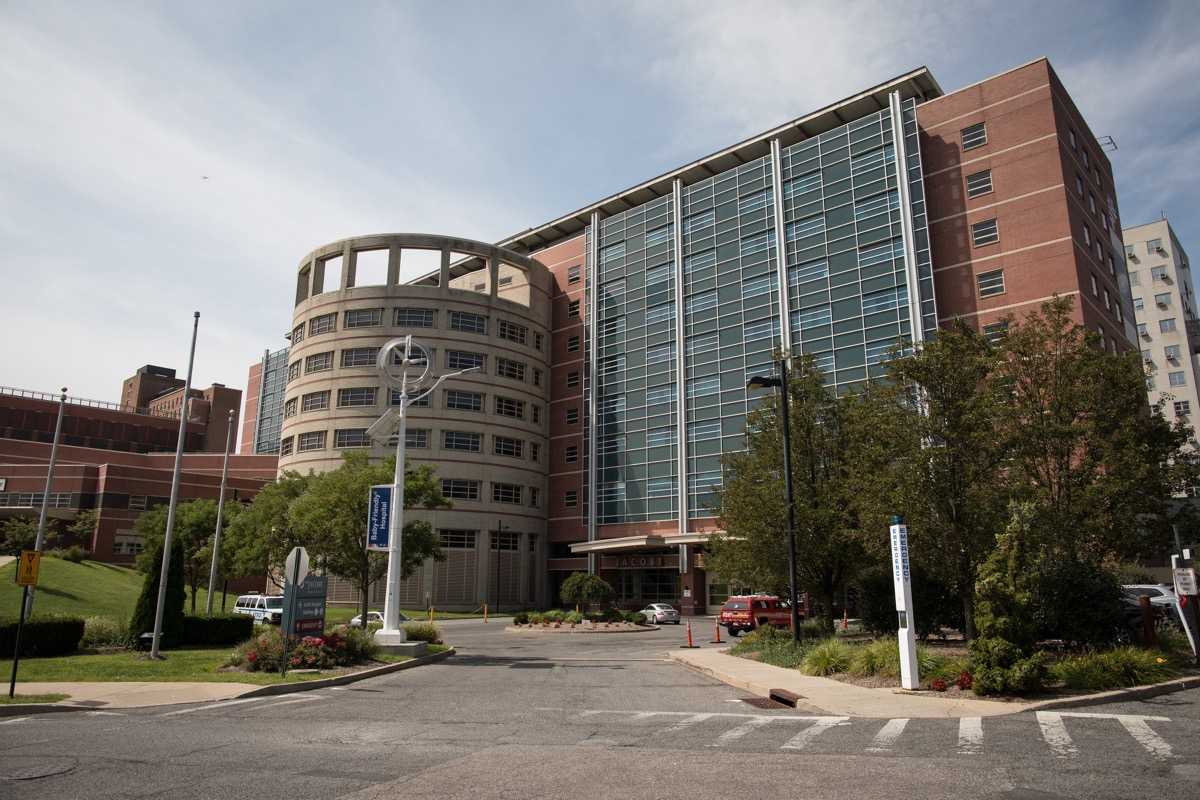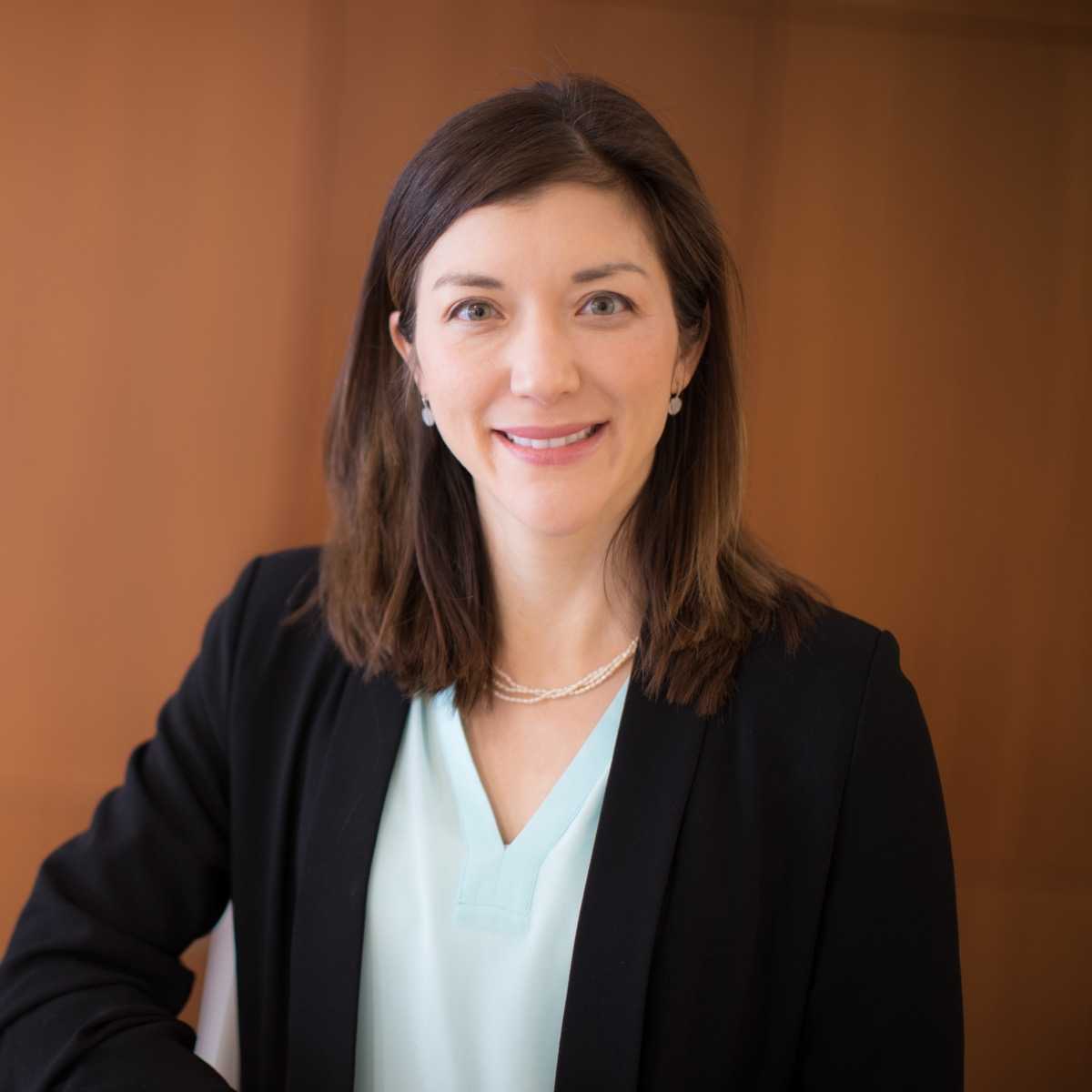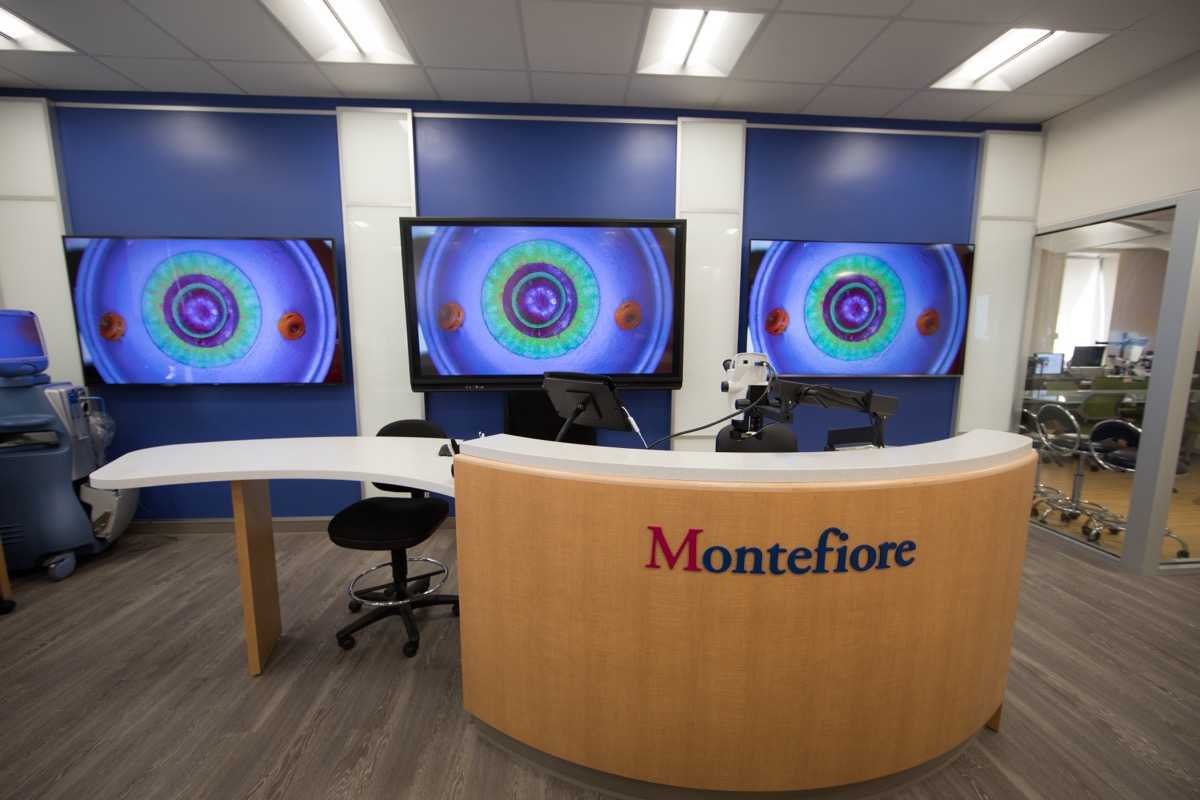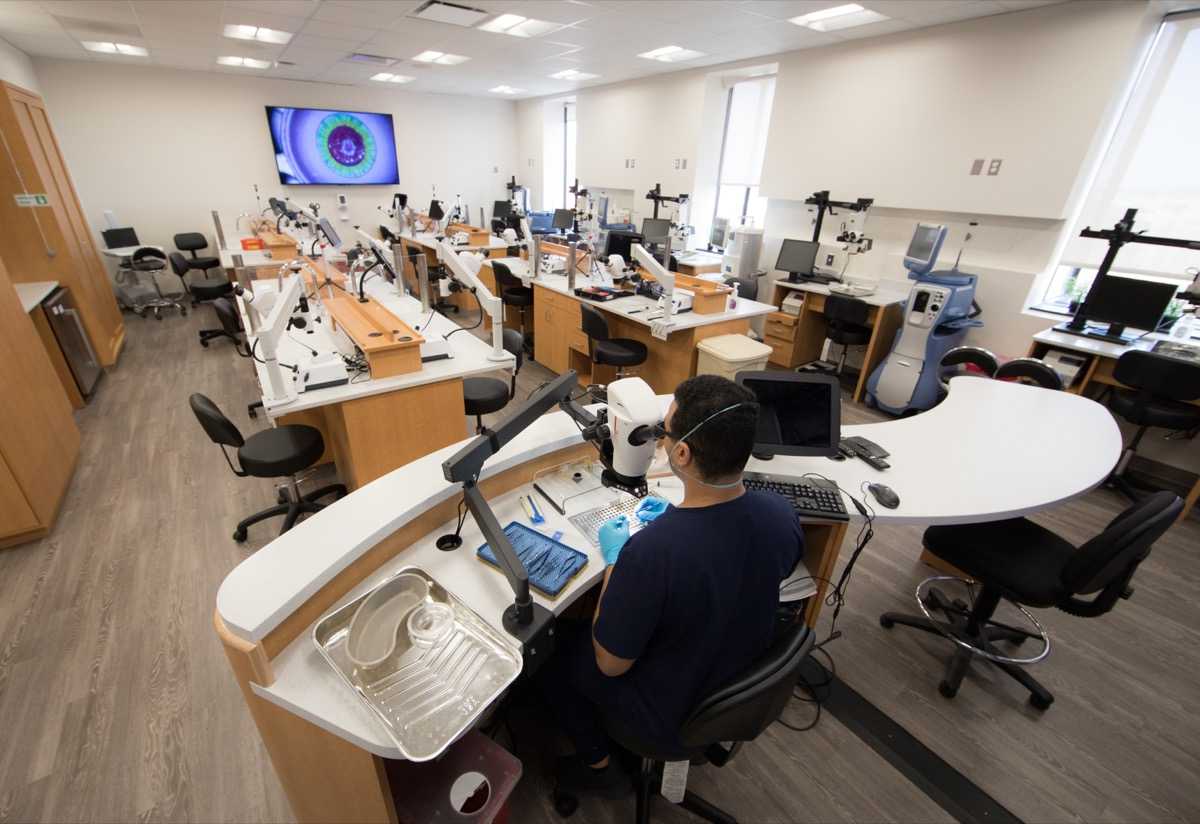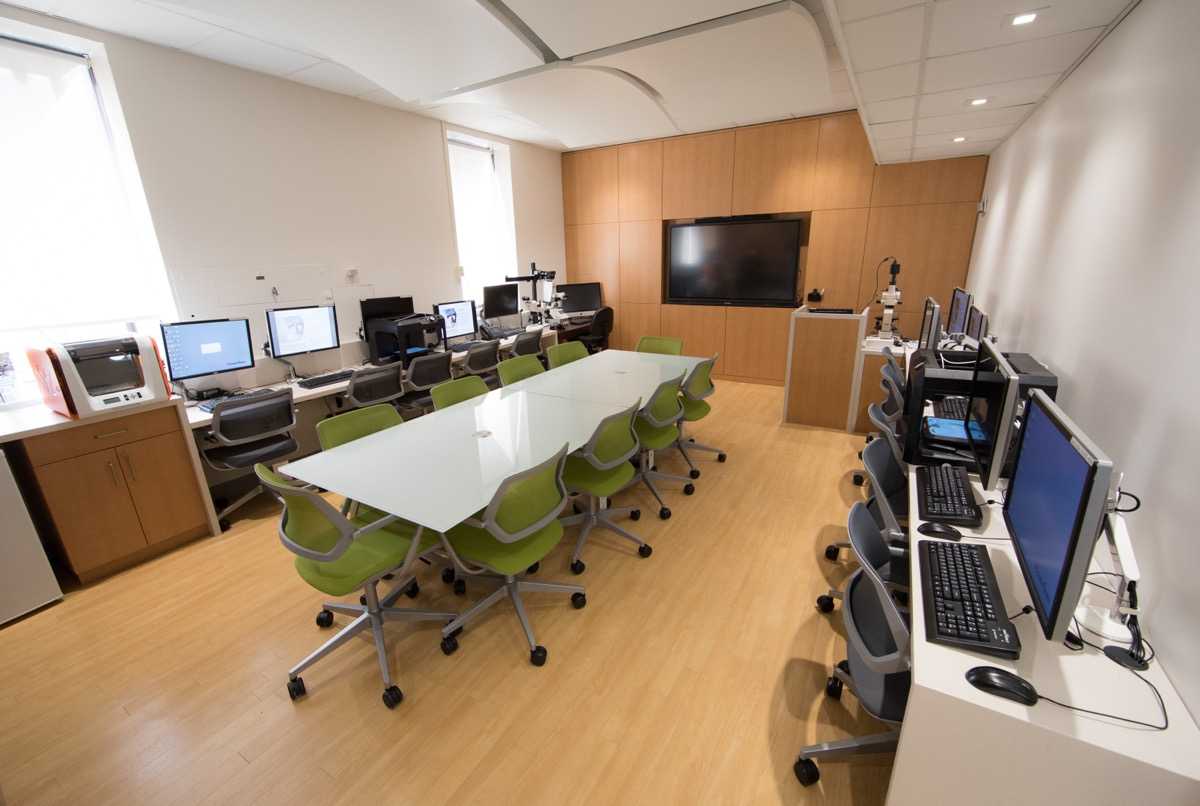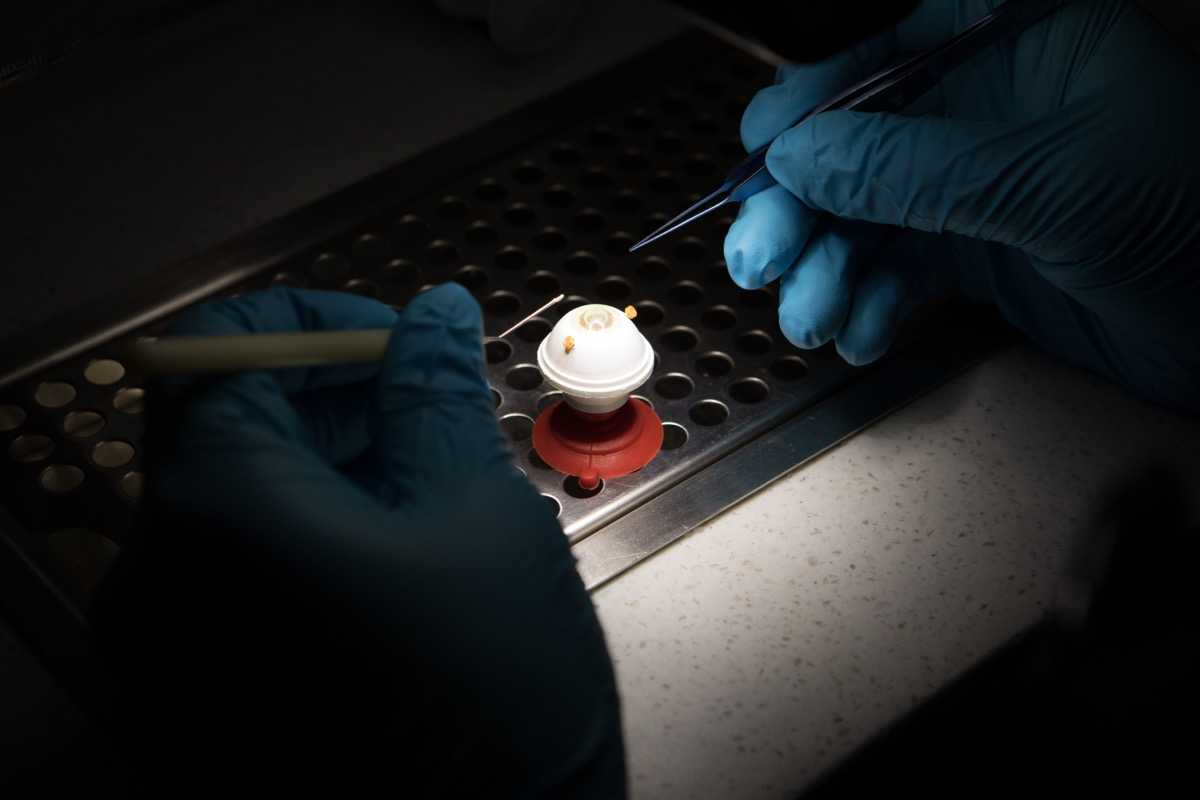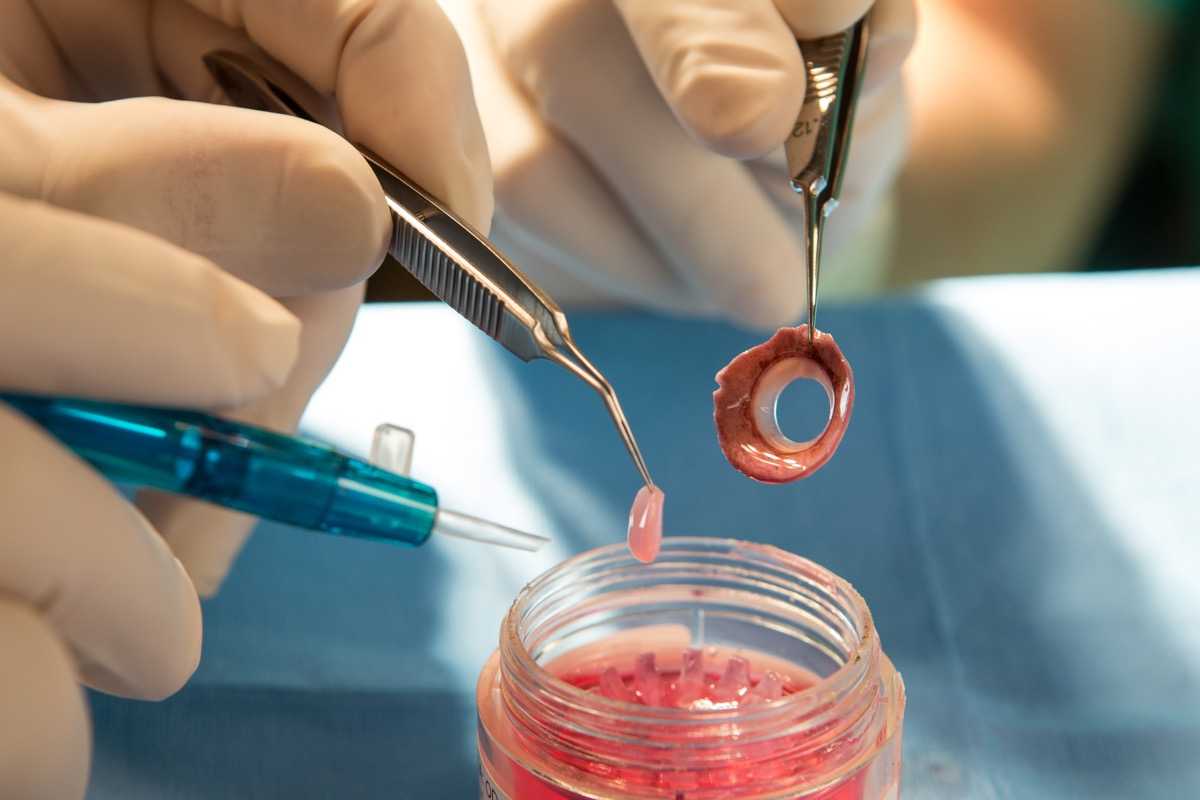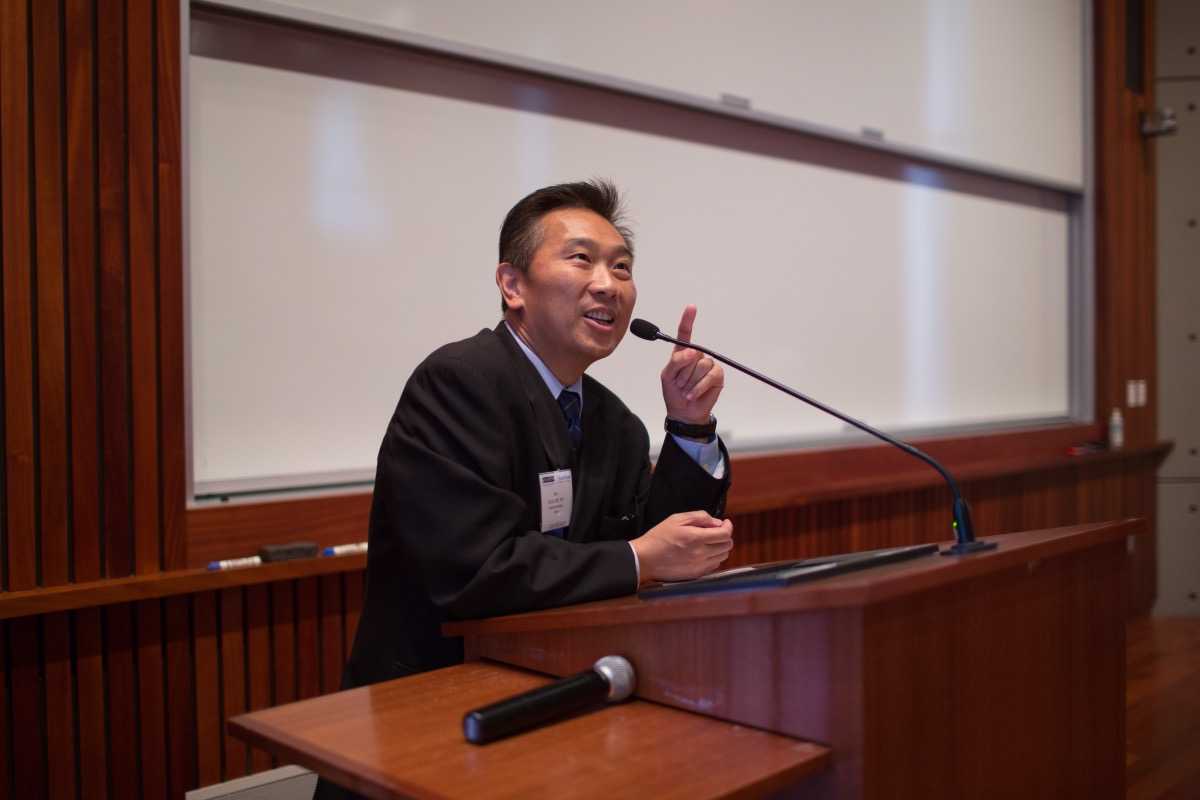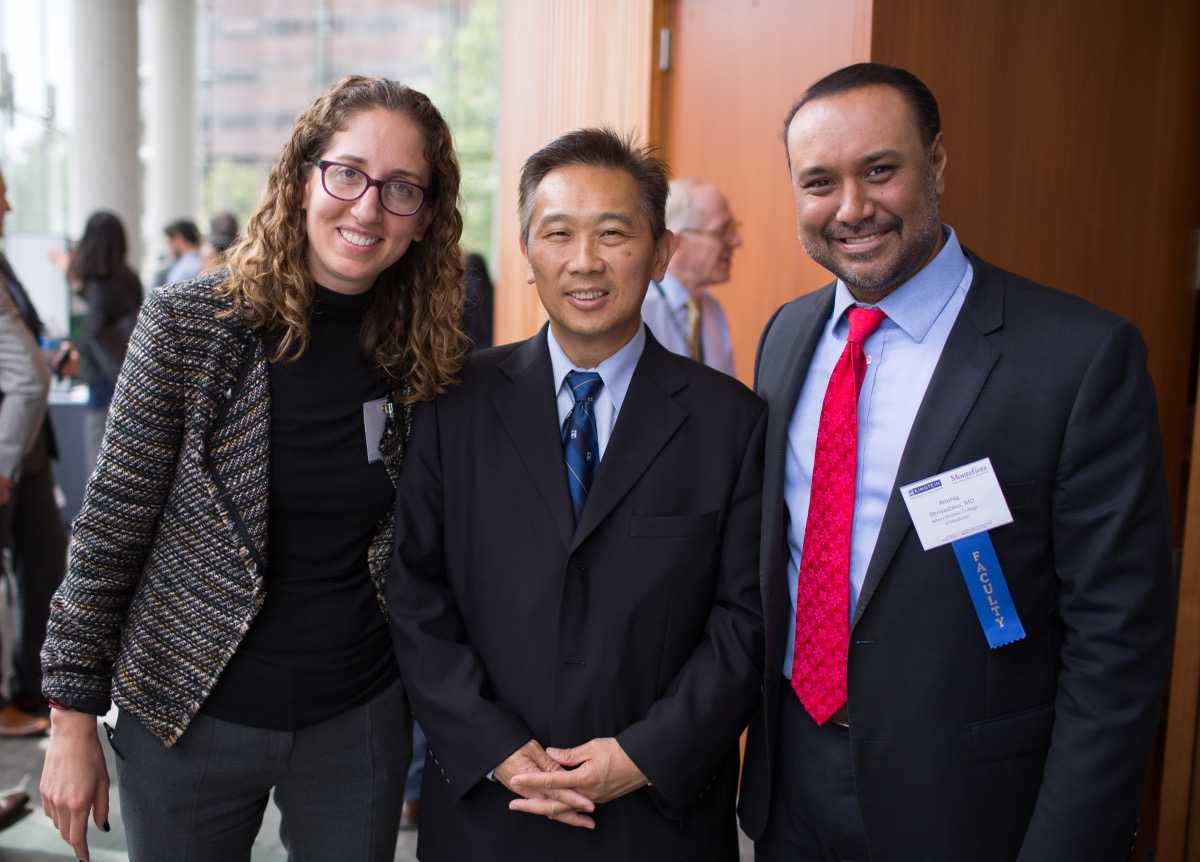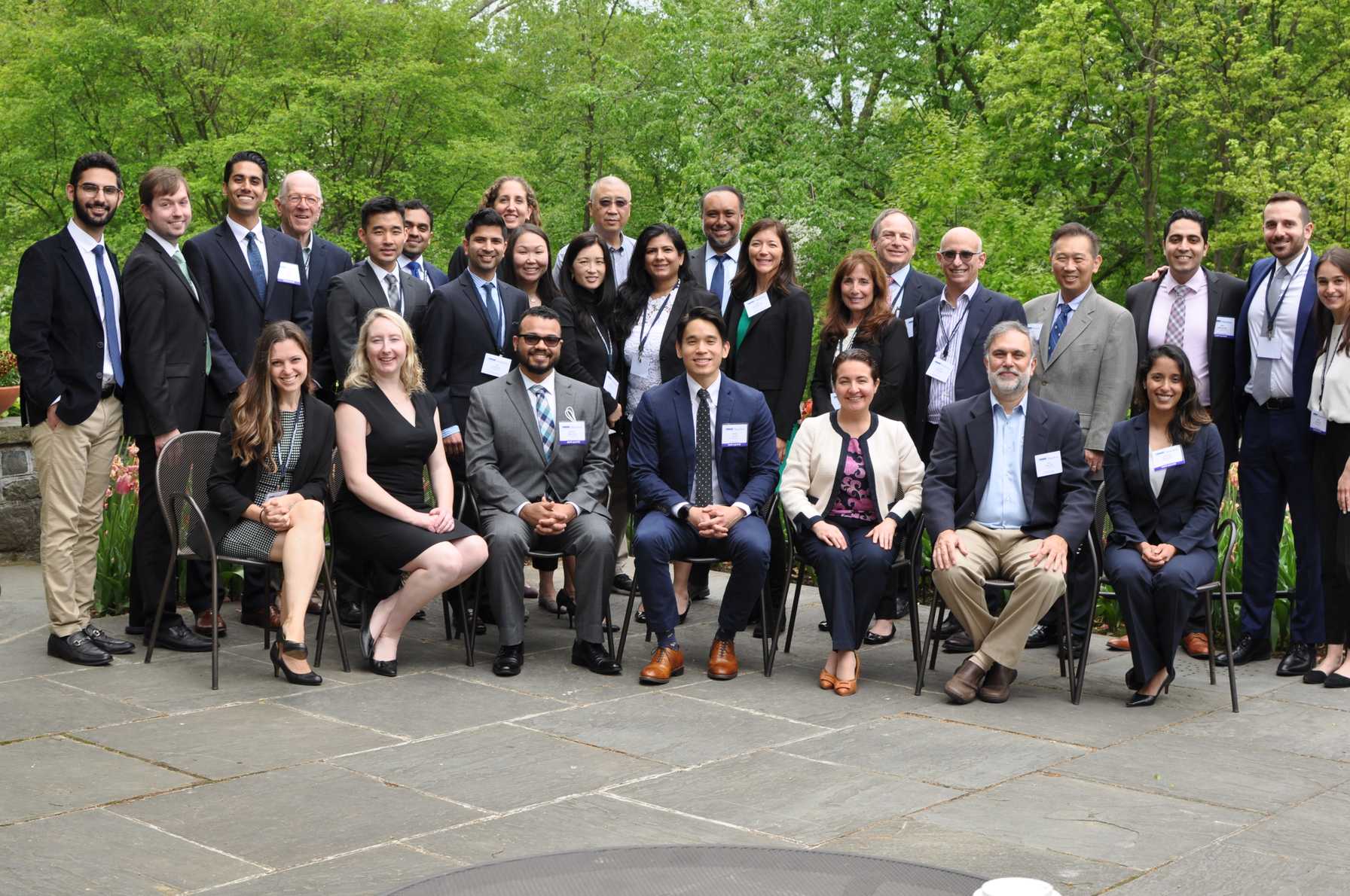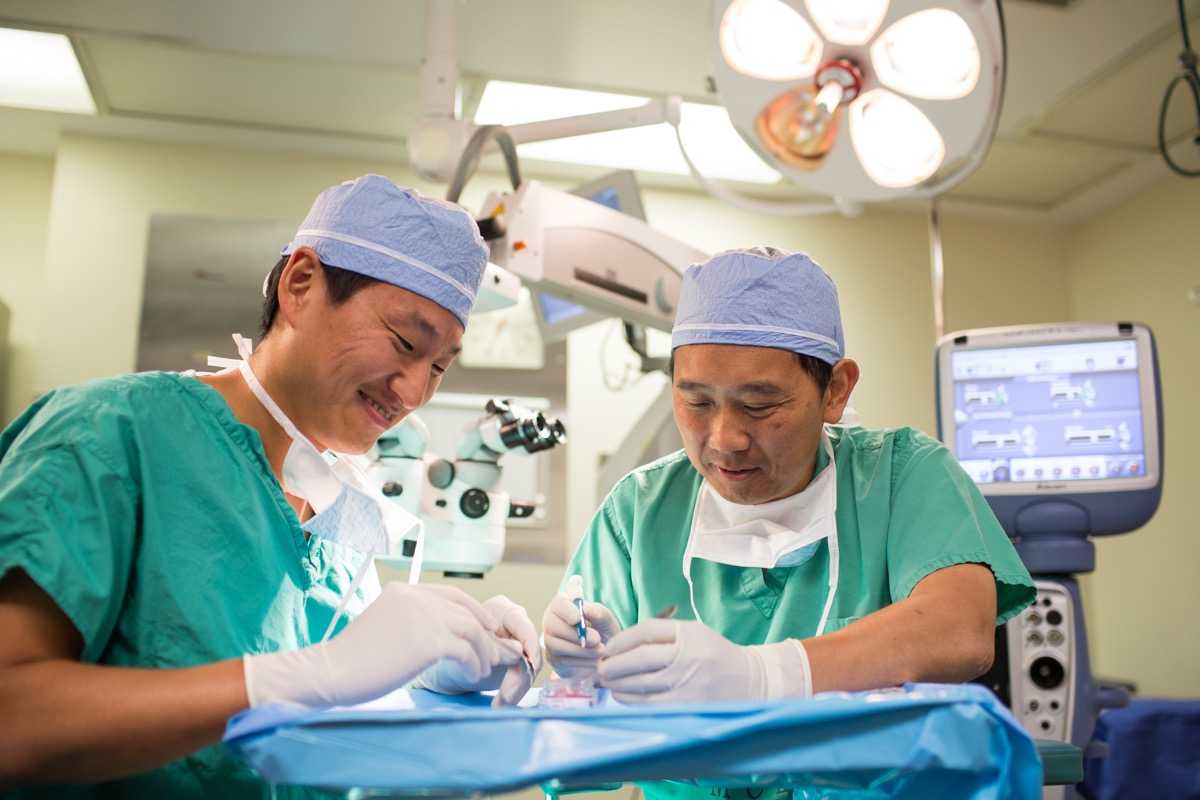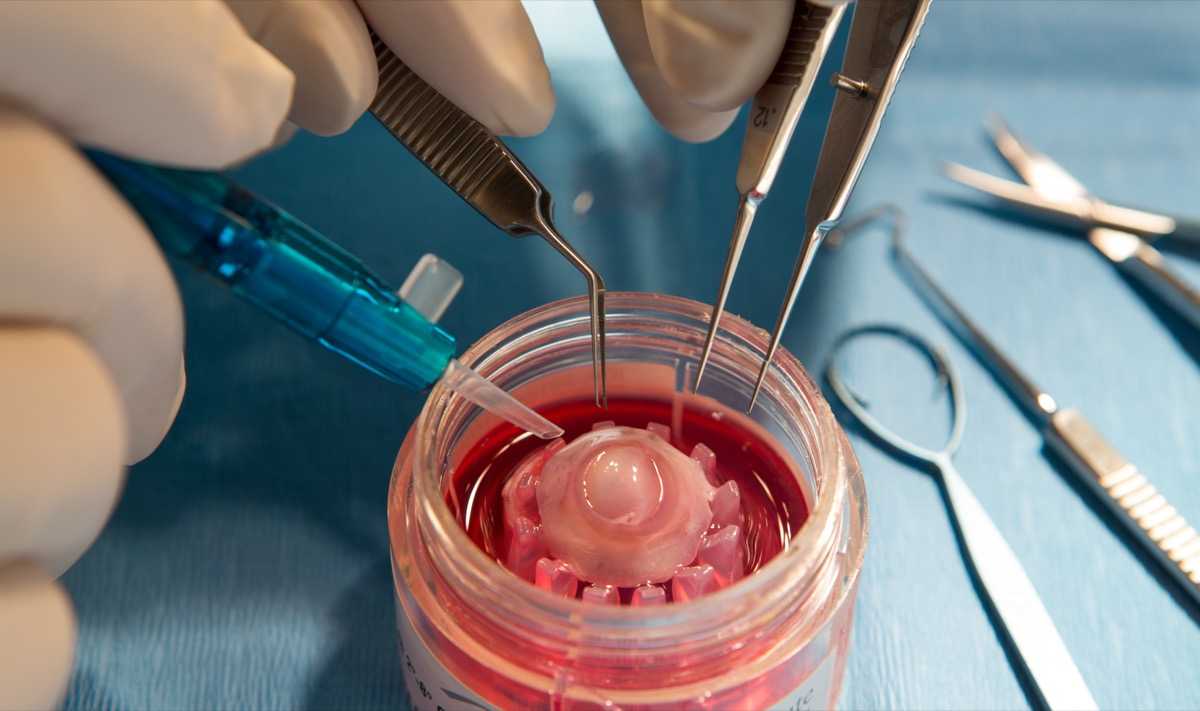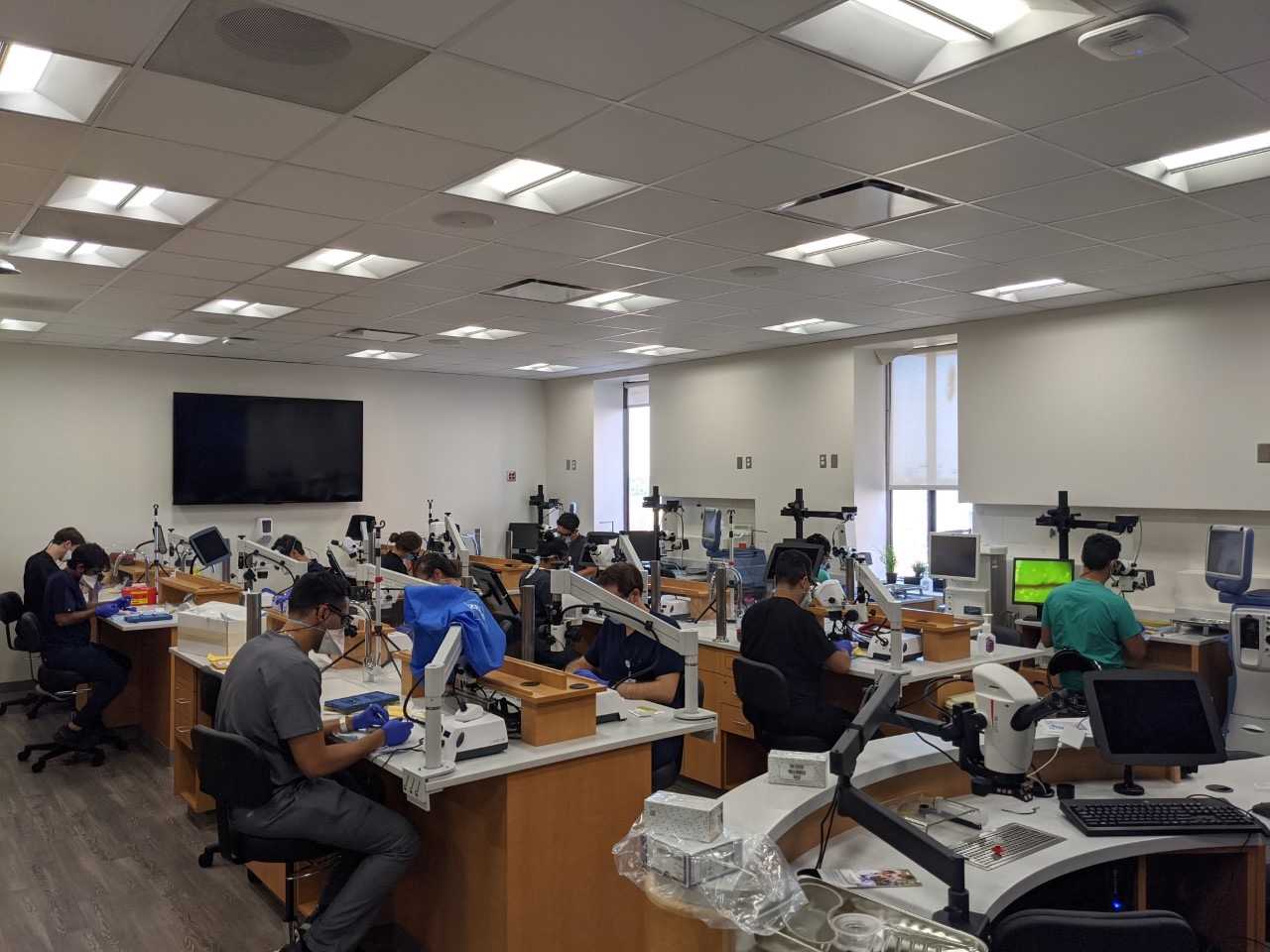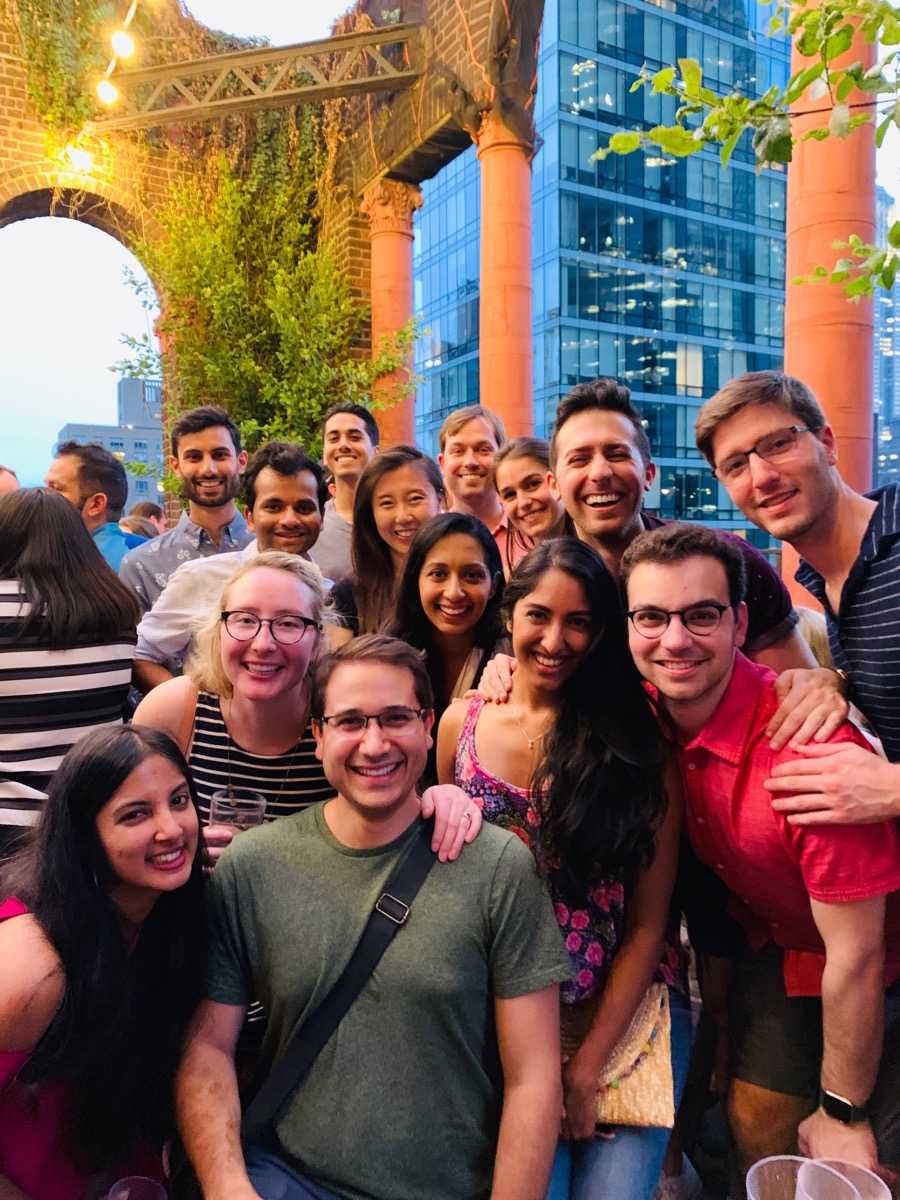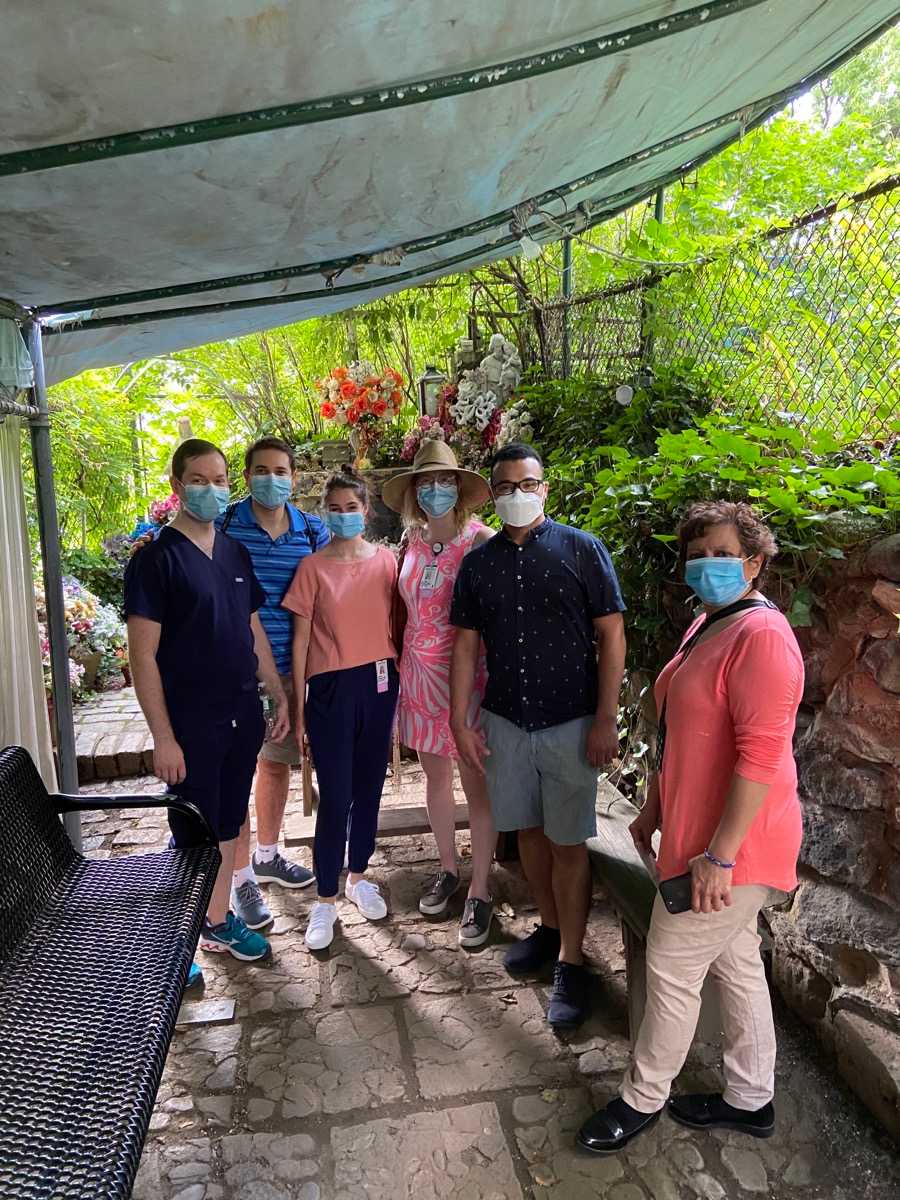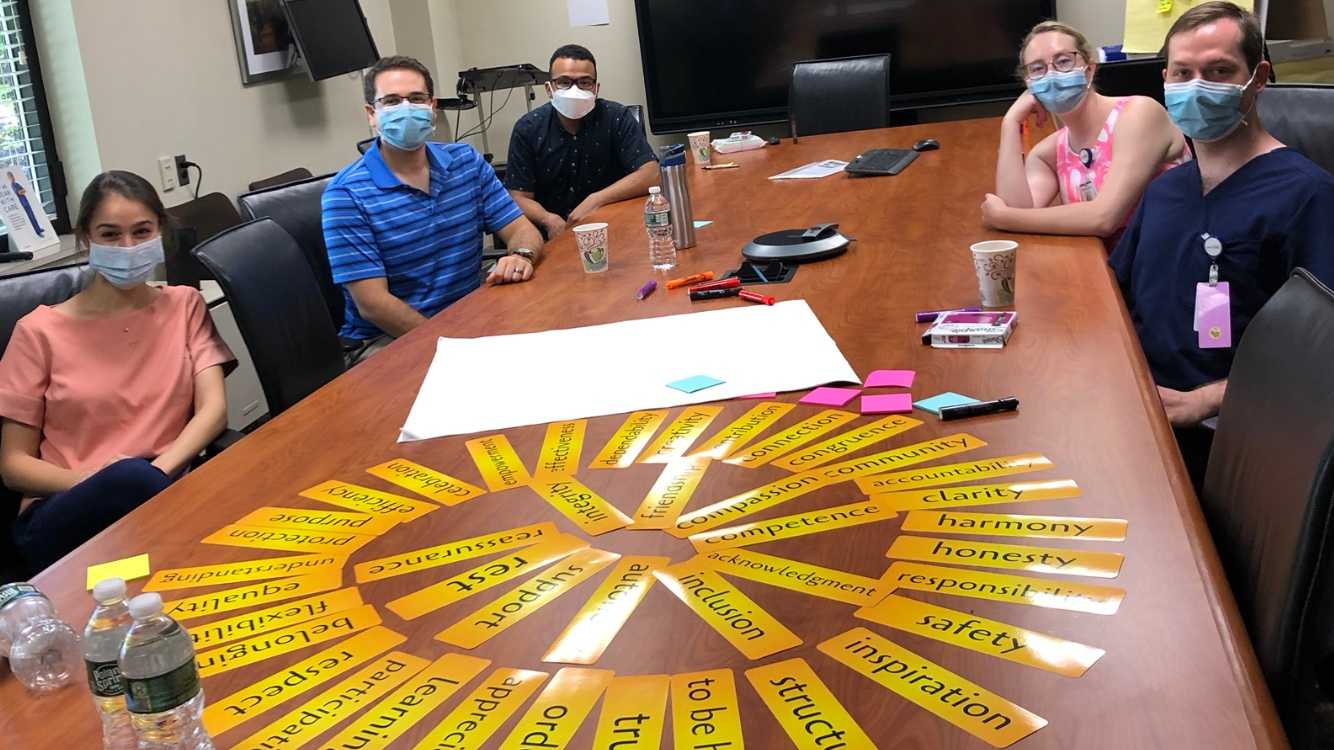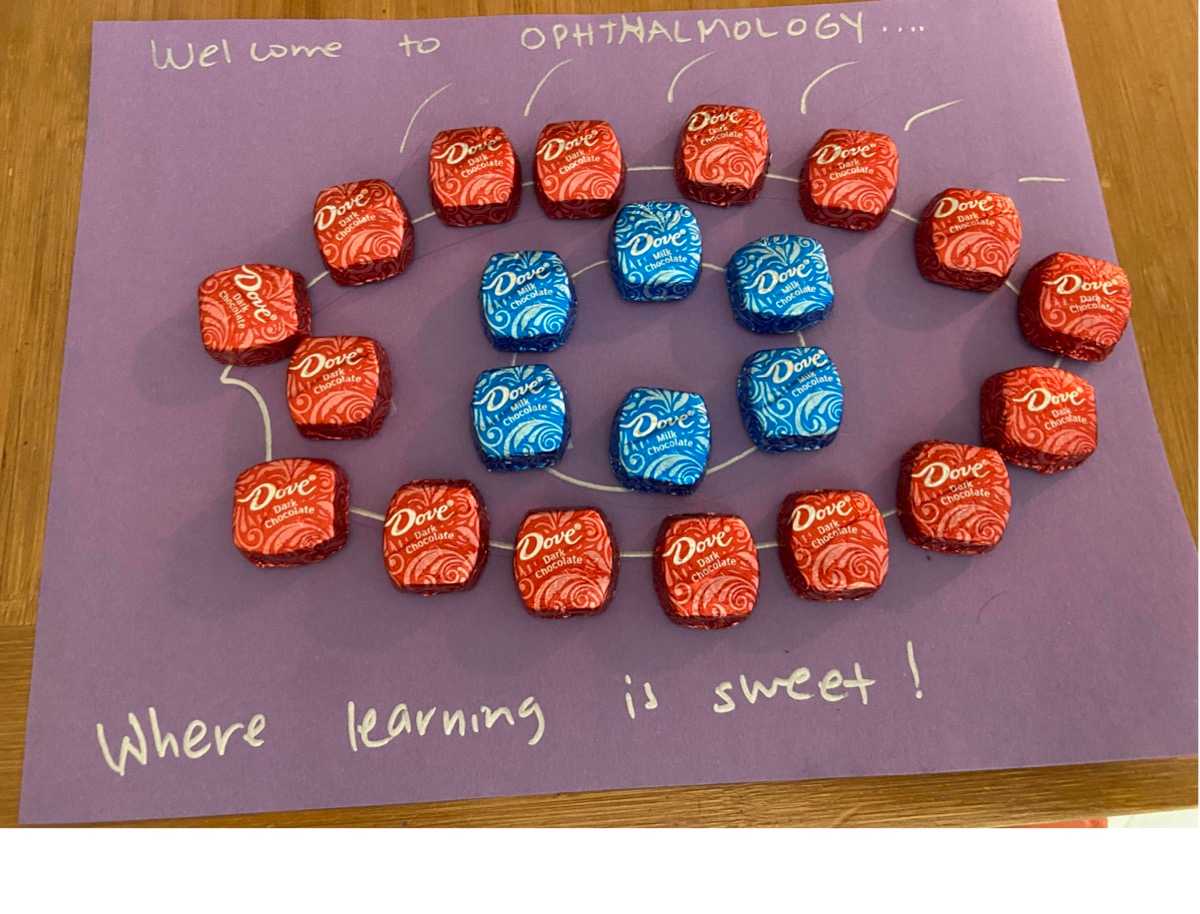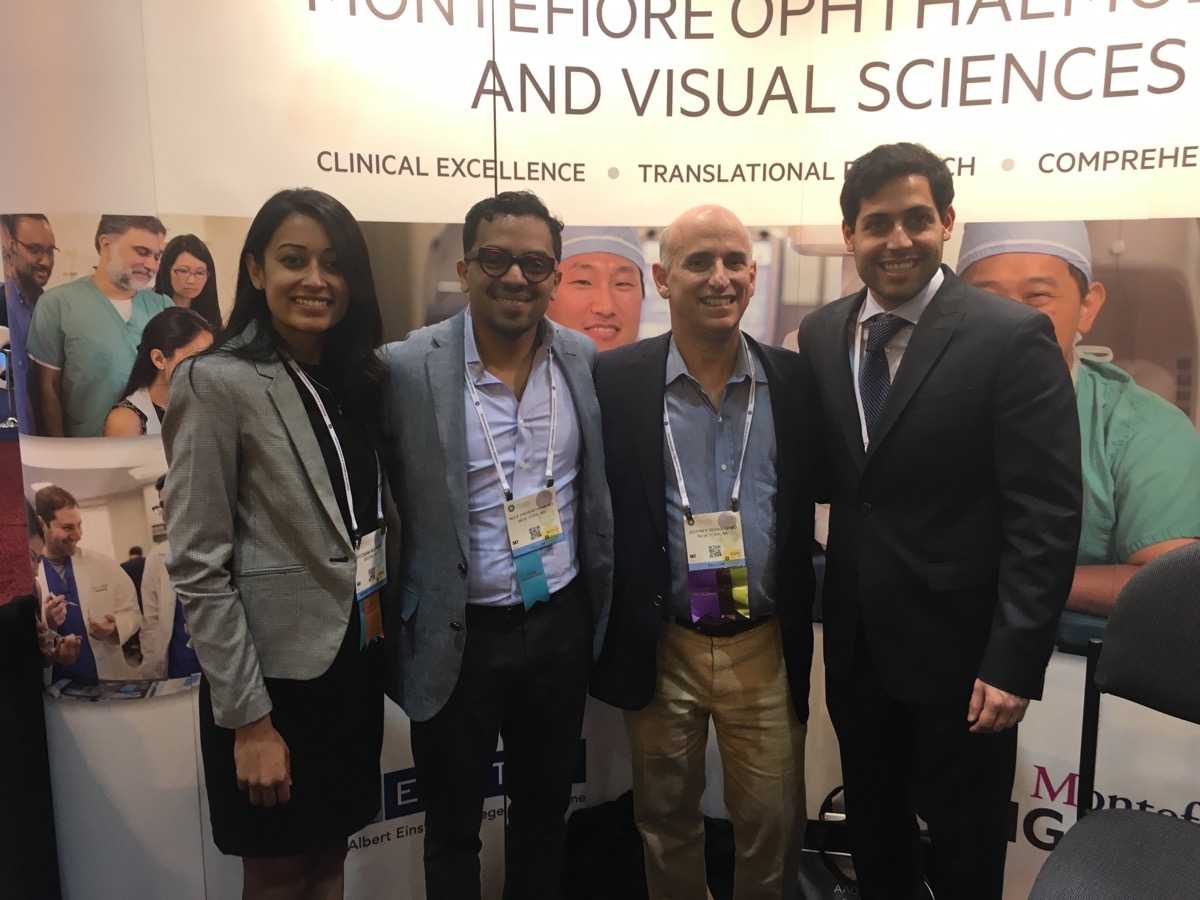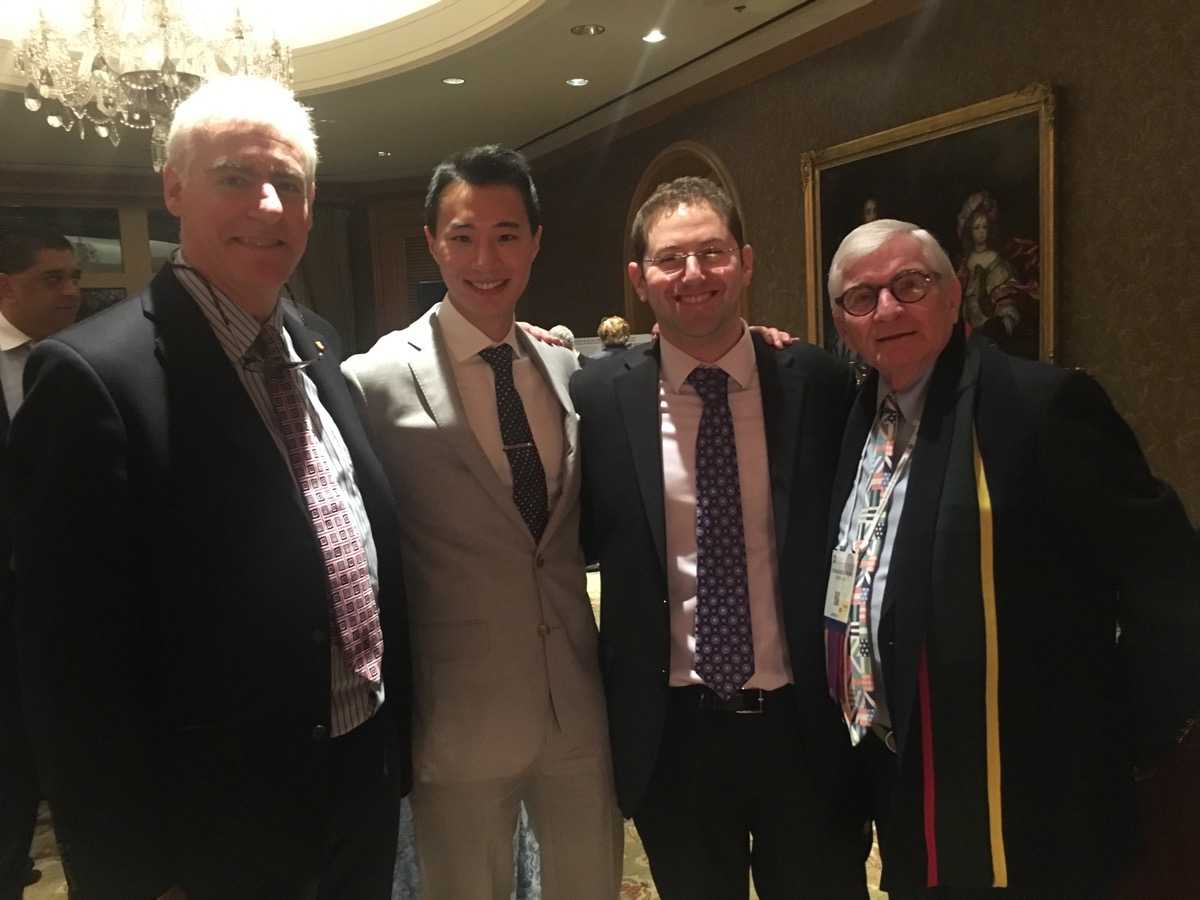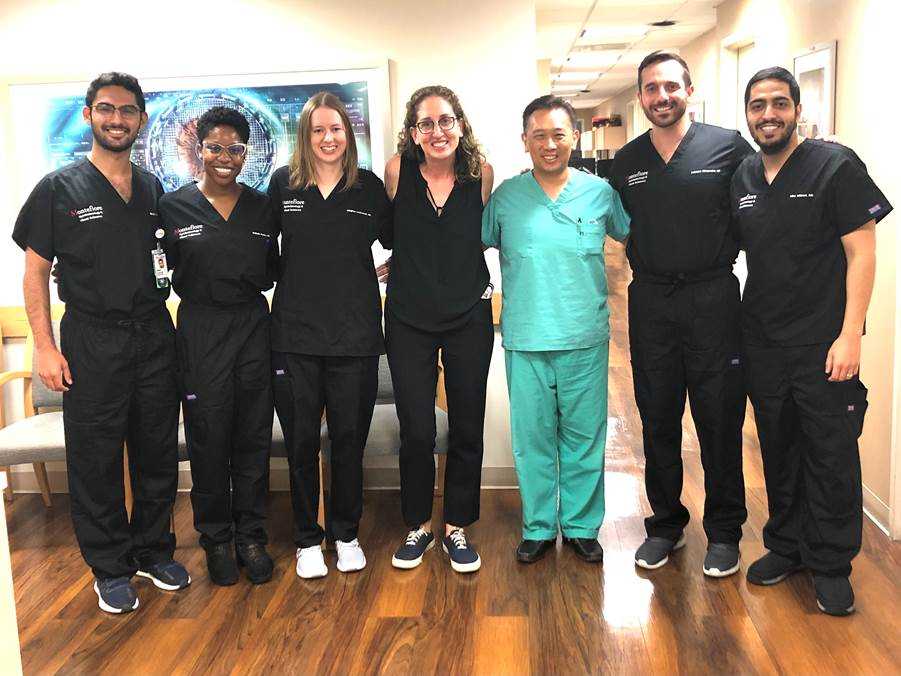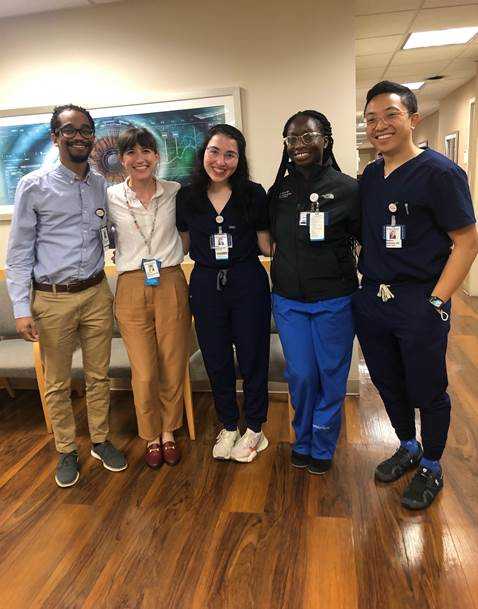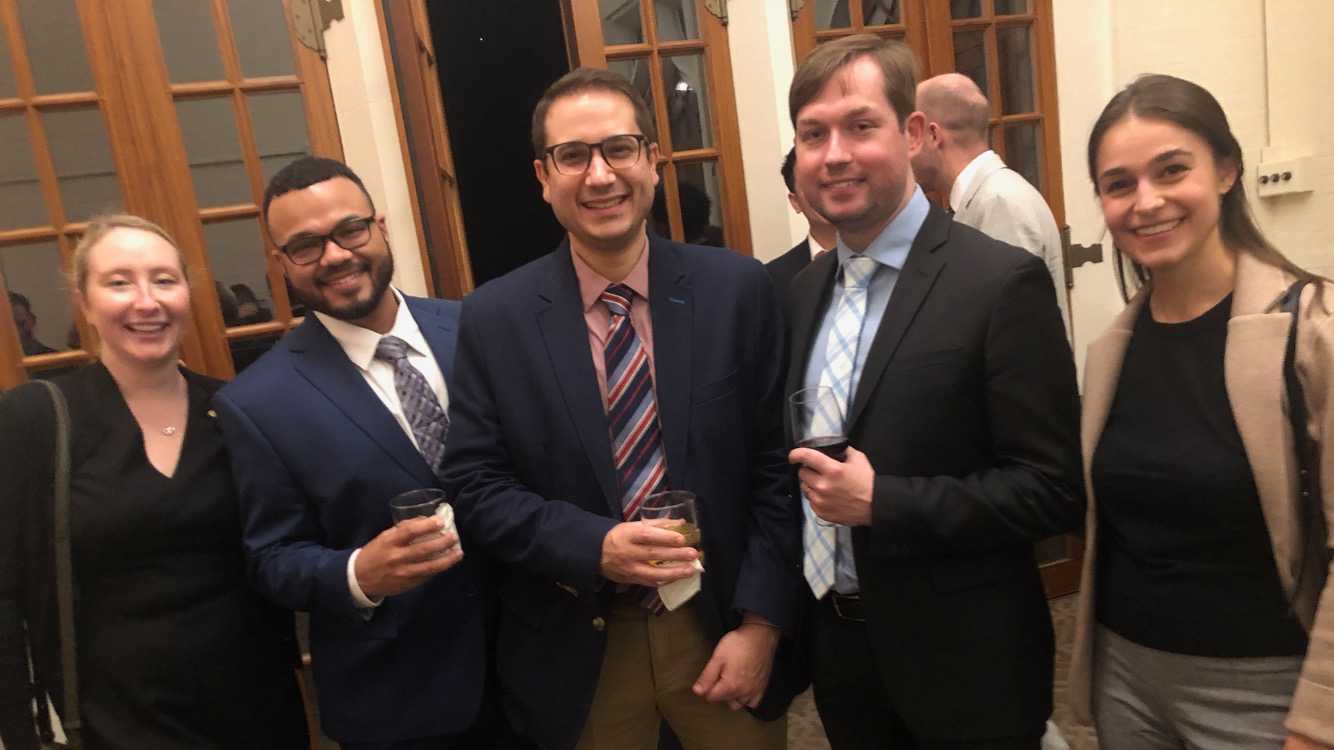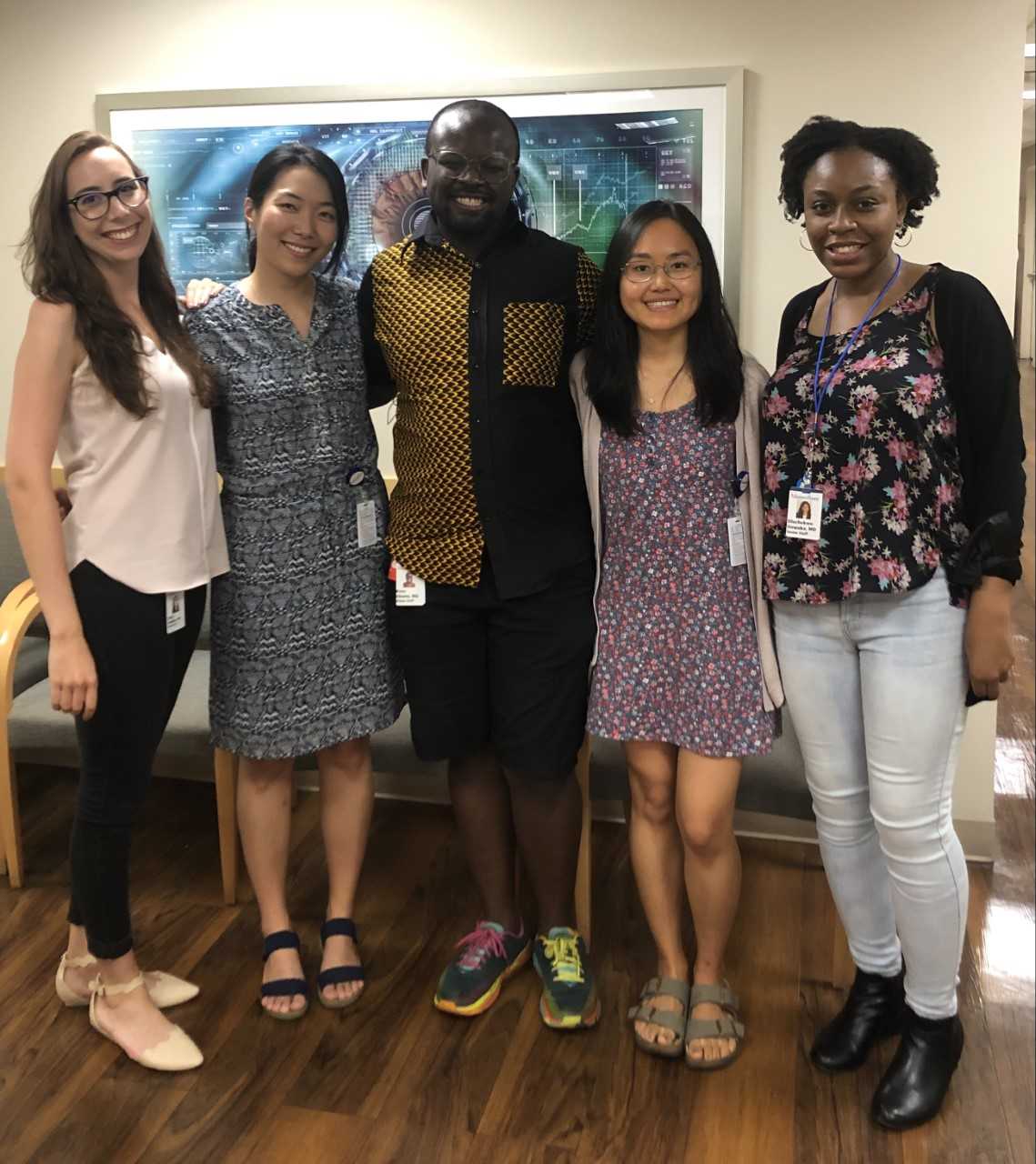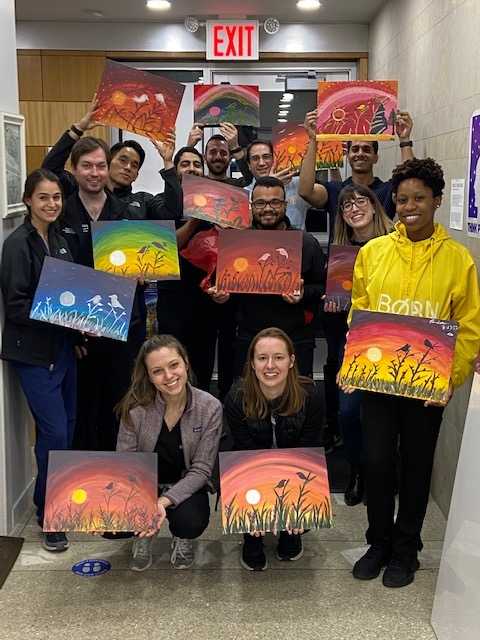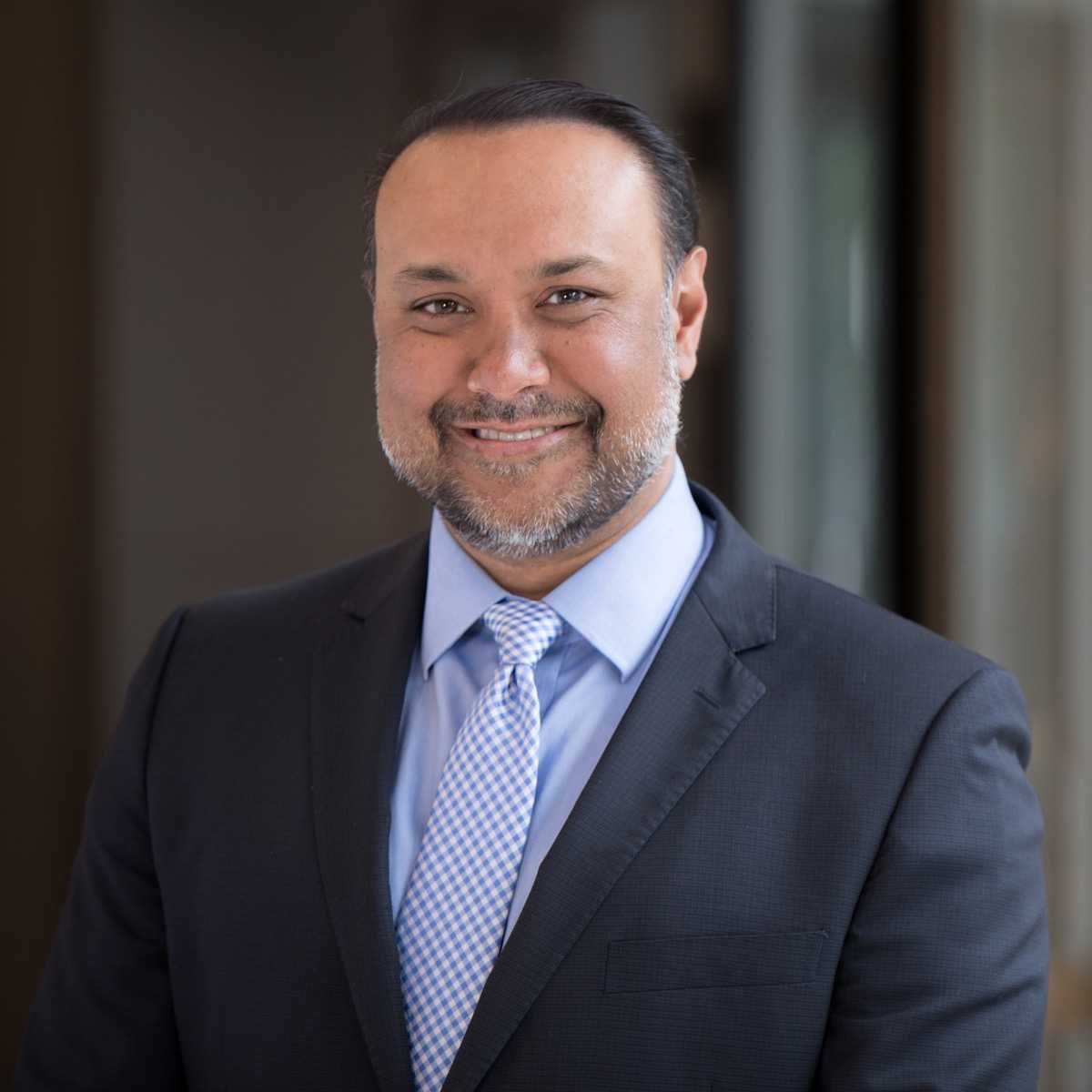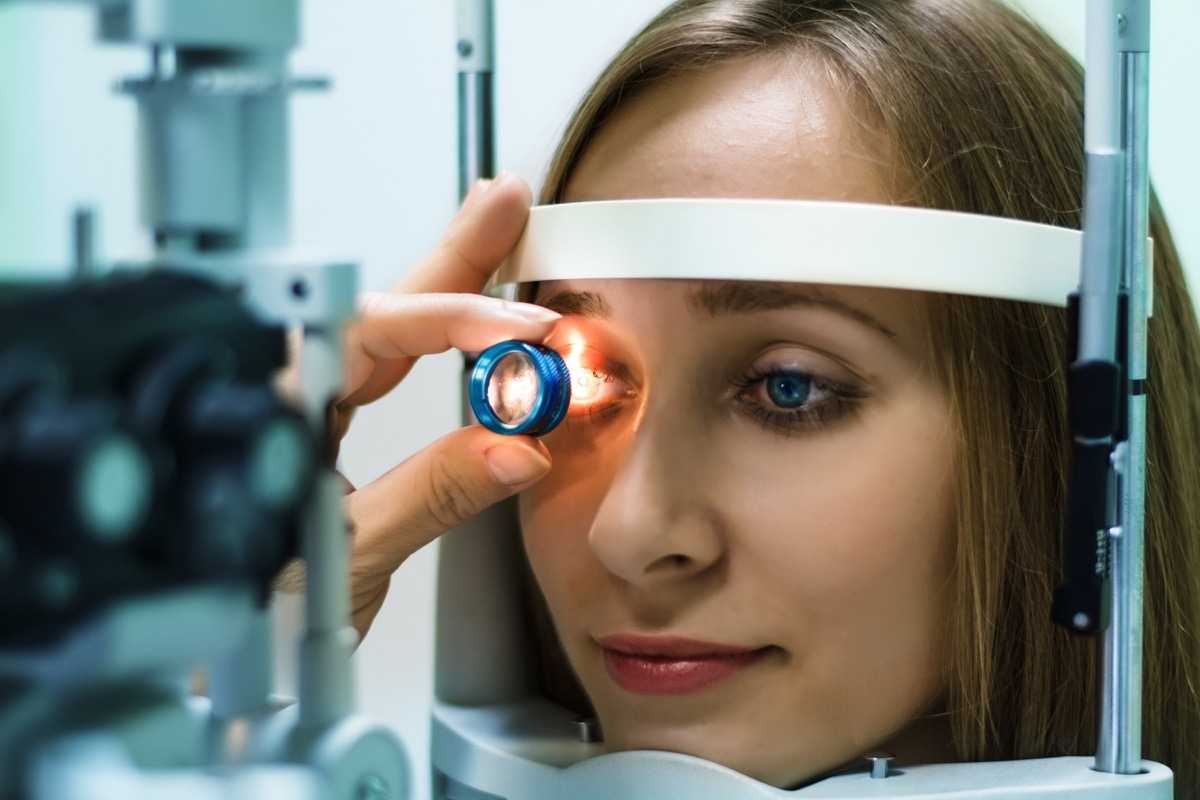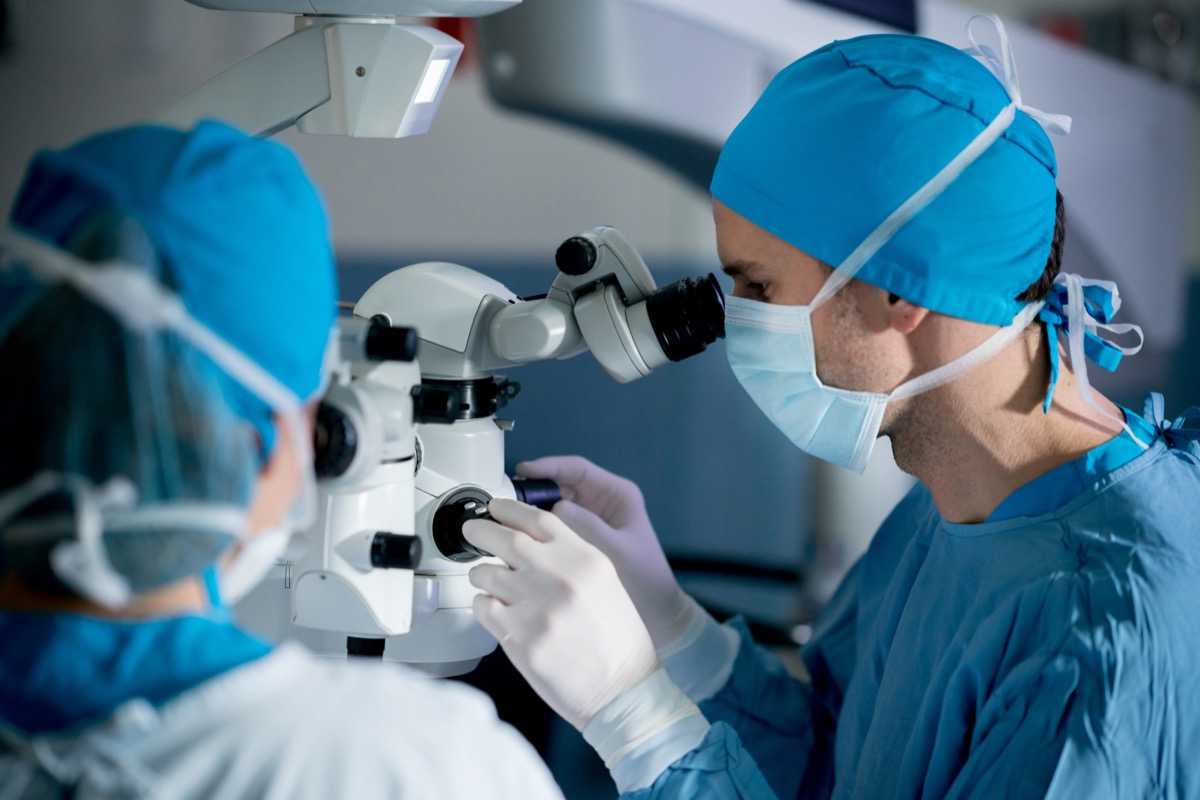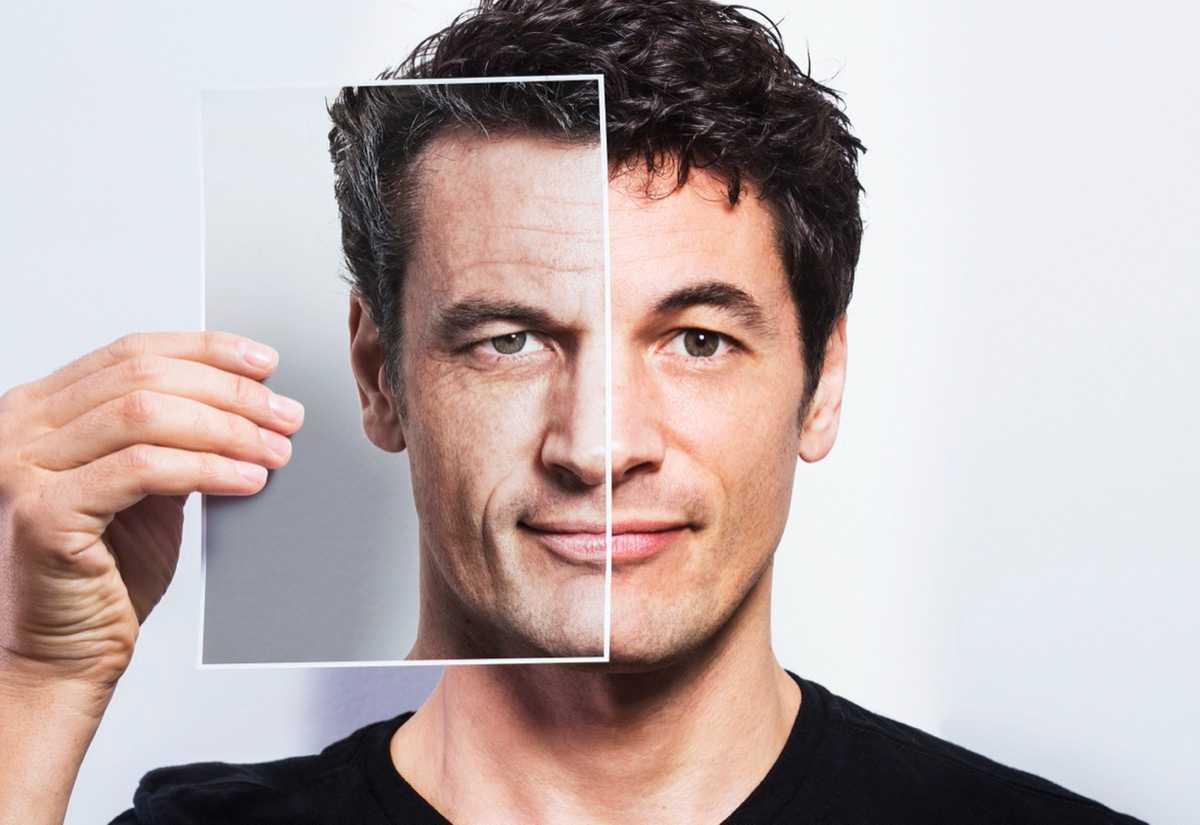Department of Ophthalmology and Visual Sciences
Ophthalmology and Visual Sciences Residency Program Virtual Tour
Driven by a mission to create colleagues in both academic and private practice ophthalmology, our Ophthalmology and Visual Sciences Residency Program is led by a robust faculty who represent all major subspecialties of ophthalmology, and who teach residents through clinics, surgery, wet-lab training and didactics.
Jamie Rosenberg, MD, Director, Ophthalmology and Visual Sciences Residency Program
Why our program could be right for you
The Montefiore Einstein Ophthalmology and Visual Sciences Residency Program offers trainees the opportunity to work with faculty in providing the highest-quality eye care to people in the Bronx, Westchester and the Lower Hudson Valley. Our state-of-the-art wet lab allows for early surgical training, and trainees benefit from a lecture portal for flipped-classroom learning. Residents also have access to an elective in Mexico, as well as a joint internship with Internal Medicine. The well-being of our residents informs additional program resources, such as on-campus furnished apartments, wellness days, team-building exercises and social activities.
What sets Montefiore Einstein apart
At Montefiore Einstein, we are guided by a mission to heal, to teach, to discover and to advance the health of the communities we serve. Comprising 11 member hospitals and more than 300 specialty care sites, Montefiore Health System provides highly specialized, coordinated care in the New York region, across the country and globally.
Albert Einstein College of Medicine, home to nearly 1,000 students in its MD, PhD and combined MD/PhD programs, is one of the nation’s preeminent centers for research, medical education and clinical investigation. Through the joint efforts of Montefiore Health System and Albert Einstein College of Medicine, Montefiore Einstein is able to advance research and accelerate discoveries, benefiting patients and ensuring access to state-of-the-art healthcare for all.
- Montefiore’s medical specialties ranked as top 1% in the nation by U.S. News & World Report
- Children’s Hospital at Montefiore Einstein (CHAM) recognized as one of “America’s Best Children’s Hospitals” by U.S. News & World Report
- The National Institutes of Health (NIH) awarded Einstein $192M+ in research funding in 2023, placing Einstein in the top 35 among 154 schools of medicine
- 850+ clinical trials
Graduate Medical Education at Montefiore Einstein
Representing one of the top 10 largest medical and surgical training programs in the country, Montefiore Health System and our Albert Einstein College of Medicine provide postgraduate clinical training to more than 1,400 residents and fellows per year. Clinicians across Montefiore Einstein’s numerous educational programs actively mentor and cultivate a new generation of healthcare leaders.
Our mission to improve access and quality of care for our diverse community draws residents and fellows from top medical, dental and PA schools from around the world. We develop and expand programs designed to advance teamwork, communication and decision-making, and our progressive focus on comprehensive care provides an ideal training ground for our residents and fellows.
To make the process of working and training at Montefiore Einstein more seamless, we offer a variety of services for our house staff, physician assistants and interns, including assistance with credentialing and orientation, institutional resources, visas, contracts, HR documents, payroll, notary services and specialty training and certifications.
Montefiore Einstein by the numbers
0.8 million+
patient interactions annually
0.1 million+
patients annually, representing the largest network in the Bronx, Westchester and the Hudson Valley
160+
specialty care locations, with more coming soon
32,000+
employees
Montefiore Einstein’s flagship ophthalmology center
Home to our largest offices, the Henkind Eye Institute at Greene Medical Arts Pavilion (MAP) offers 27 lanes for patient care, as well as advanced diagnostic testing capabilities, lasers and a minor procedure room. Residents work in a dedicated clinic staffed by an attending, and in subspecialty clinics with faculty.
Montefiore Einstein feels like home. It’s provided me with a warm environment to grow as a clinician and surgeon.
Sierra Jin, MD
Ophthalmology and Visual Sciences Resident, Class of 2021
A partner teaching hospital designated as a Level 1 trauma center
Run by our residents, the eye clinic at Jacobi Medical Center (JMC) allows trainees to directly care for the communities we serve. Clinics, lasers, minor procedures and major surgical procedures are supervised by comprehensive and subspecialty faculty. In keeping with our policy of graduated autonomy, residents take excellent care of patients while also learning how to be independent practitioners.
The Ophthalmology and Visual Sciences Residency Program at Montefiore Einstein combines three crucial and unique building blocks: supportive faculty, the diversity of New York City’s population and a family feeling.
Anne Barmettler, MD
Director, Ophthalmic Plastic and Reconstructive Surgery
An advanced ophthalmic surgical training facility
Our Ophthalmology and Visual Sciences Residents begin their training in the safest possible way, in our highly equipped wet lab, and continue to refine their technique as they progress through our program. The Ronald M. Burde, MD, Microsurgical Simulation Laboratory is one of the most advanced of its kind, outfitted with 14 video-enabled microsurgical stations, five phacoemulsification platforms, interactive presentation and display systems and a dedicated conference room and computer laboratory.
A world-renowned faculty
A challenging and innovative curriculum
Curriculum by year
Surgical experience by year
An unmatched diversity of experience
As a premier academic medical center serving the Bronx, Westchester and the Hudson Valley, Montefiore Einstein offers its postgraduate trainees comprehensive exposure to a broad diversity of patients and pathologies. The diverse range of experience available prepares our postgraduate trainees for future careers in their chosen field, be it in the research or clinical and/or non-clinical setting.
Our highly engaged and approachable teaching faculty takes enormous pride in guiding our residents throughout their careers.
Anurag Shrivastava, MD
Assistant Dean for Graduate Medical Education and Associate Professor, Ophthalmology and Visual Sciences
Faculty and scientists at the forefront of research
Resident research opportunities
Montefiore Einstein is a premier medical research institution with faculty engaged in a diverse range of interests. Within the Department of Ophthalmology and Visual Sciences, clinical research is centered around Montefiore, with basic science research focused among several laboratories at Albert Einstein College of Medicine. We are the recipient of multiple awards from the NEI and NIH, among other institutions.
Residents actively engage in faculty-mentored research activities over the course of their residency, and have the opportunity to present their research at the annual Paul Henkind Research Day. Our department encourages research presentations at national meetings and provides a yearly stipend to each resident to cover travel and lodging expenses.
In addition to clinical and laboratory research, we have invested tremendous resources into the development of the Center for Ophthalmic Innovation (COIN) and the Ronald M. Burde, MD, Microsurgical Simulation Laboratory. COIN is designed to foster resident and faculty exploration in the development and advancement in microsurgical techniques.
Live and work close to the best of everything
The Bronx, New York City’s northernmost borough, is a culturally rich neighborhood placed at the intersection of Manhattan and its surrounding regions. Our postgraduate trainees typically live in hospital housing or off-site in nearby Riverdale, Lower Westchester or Manhattan, and have access to an unmatched diversity of experiences beyond the program itself.
In the Bronx, with its ample parks and gardens, you’ll learn first-hand why it’s known as “the City’s Greenest Borough.” The neighborhood offers plenty of local food, art, sports and culture, and is just a subway ride away from Manhattan’s famed theaters, museums and attractions.
As a resident of the Tri-State region, you’ll have unmatched access to the city’s cultural offerings, not to mention the bounty of outdoor excursions that are available just beyond. Day-trips and weekend excursions to the Hudson Valley, Catskills, Long Island or New Jersey provide ample opportunities for swimming, hiking, biking, skiing and other seasonal activities.
Drag map or zoom to explore things to do in the Bronx, Manhattan and beyond.
Residency Application Information
Have questions? Get in touch.
Margaret Kealy
Coordinator, Ophthalmology and Visual Sciences Residency
mkealy@montefiore.org
